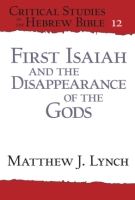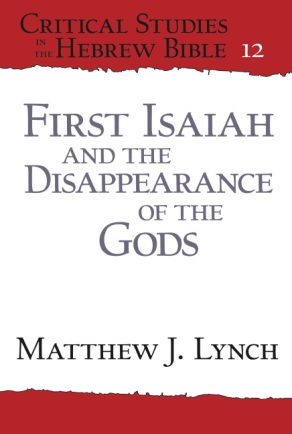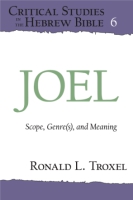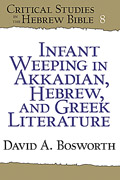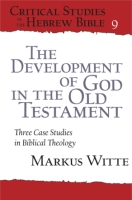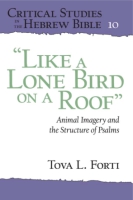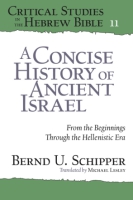First Isaiah and the Disappearance of the Gods
Matthew J. Lynch
“This book is certainly a very important contribution to the study of ‘the remarkable theological contributions of the prophet we call First Isaiah.’ Marshalling literary analysis into rhetorical arguments, it demonstrates the underlying theological postulates of this composition.”
- Description
- Reviews
- Bio
- Table of Contents
- Sample Chapters
Standard accounts of Israelite religion frequently insist that monotheism reached its apex during the exile, and especially in Deutero-Isaiah. By contrast, Lynch’s study brings to light an equally potent mode of monotheizing in First Isaiah. Lynch identifies three related rhetorical tendencies that emphasize yhwh’s supreme uniqueness: a rhetoric of avoidance, referring to other deities as idols (אלילים) to avoid conferring on them the status of gods (אלוהים); a rhetoric of exaltation, emphasizing yhwh’s truly exalted status in opposition to all that which exalted itself; and a rhetoric of abasement, fully subjugating all other claimants to absolute power—whether human or divine—before the divine king.
Succinctly and persuasively argued, Lynch’s book will change how biblical scholars understand the nature and development of Israelite monotheism.
“This book is certainly a very important contribution to the study of ‘the remarkable theological contributions of the prophet we call First Isaiah.’ Marshalling literary analysis into rhetorical arguments, it demonstrates the underlying theological postulates of this composition.”
“. . . the subtle and sensible approach Lynch adopts for examining the fraught issue of biblical monotheism renders this book a real contribution to the field. Its methodological implications, especially in regard to the models provided by the history of religion and the phenomenology of religion, provide useful and refreshing guidance for all of us who work on these issues.”
“By eschewing the usual religio-historical focus on the evolution of monotheism within ancient Israel, Lynch engages First Isaiah’s monotheizing rhetoric on its own terms as part of the book’s poetics. This approach broadens the work’s impact and makes it a crucial resource for students and scholars alike.”
“The references to idols in the first half of the book of Isaiah have never before been studied together in detail. Given the prominence of the subject in the second half of the book, this is a surprising gap that Lynch here fills with great insight. This will prove to be an enduring contribution to the wider topic of the development of monotheism in Israel.”
Matthew J. Lynch is Assistant Professor of Old Testament at Regent College. He is the author of Monotheism and Institutions in the Books of Chronicles and Portraying Violence in the Hebrew Bible: A Literary and Cultural Study.
Abbreviations
Acknowledgements
Preface
Introduction
Chapter 1. Rhetoric of Exaltation and Abasement in First Isaiah
Chapter 2. Yahweh’s Exaltation in Isaiah 2:6-22
Chapter 3. Enemy Boasts and Prophetic Response in Isaiah 10
Chapter 4. The Folly of the Gods in Isaiah 19
Chapter 5. Conclusions and Comparison
Appendixes
Bibliography
Index of Subjects
Index of Authors
Index of Scripture
Download a PDF sample chapter here: Introduction
Also of Interest
Mailing List
Subscribe to our mailing list and be notified about new titles, journals and catalogs.
